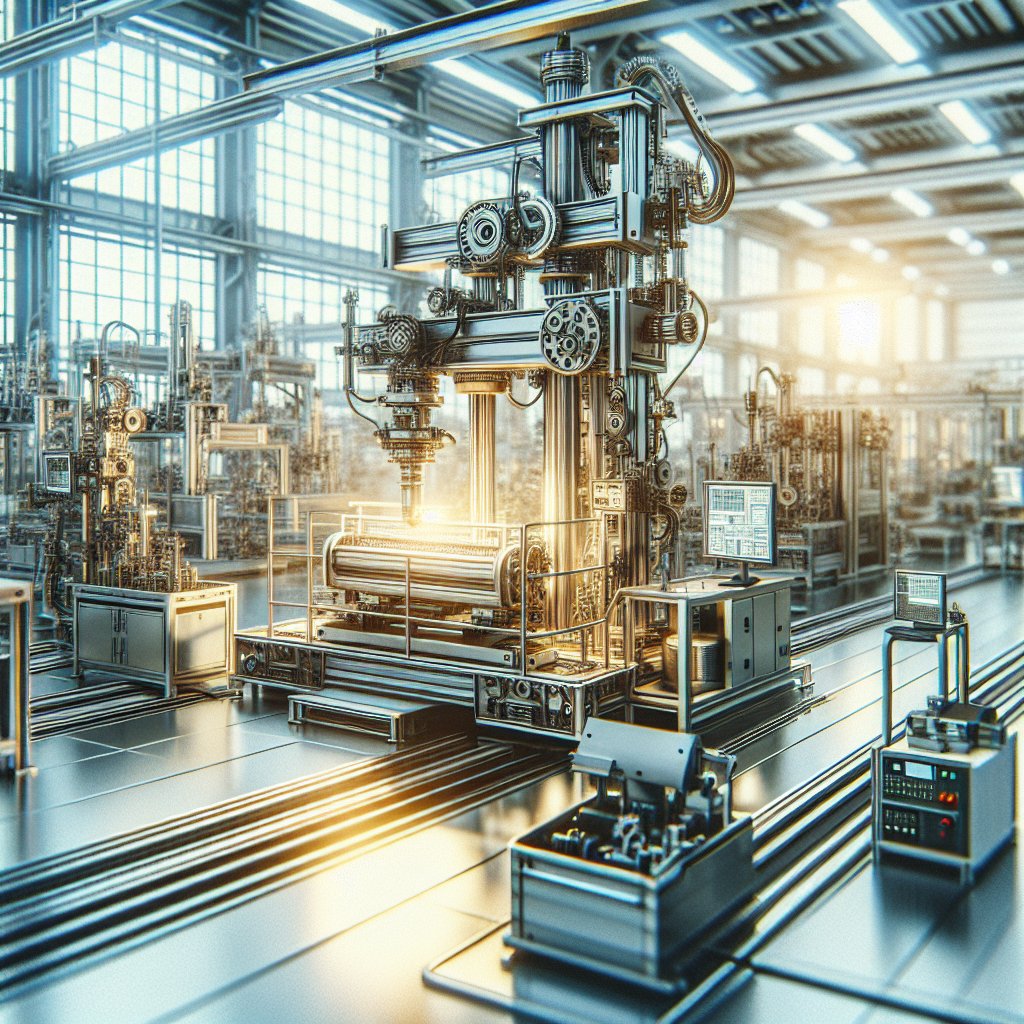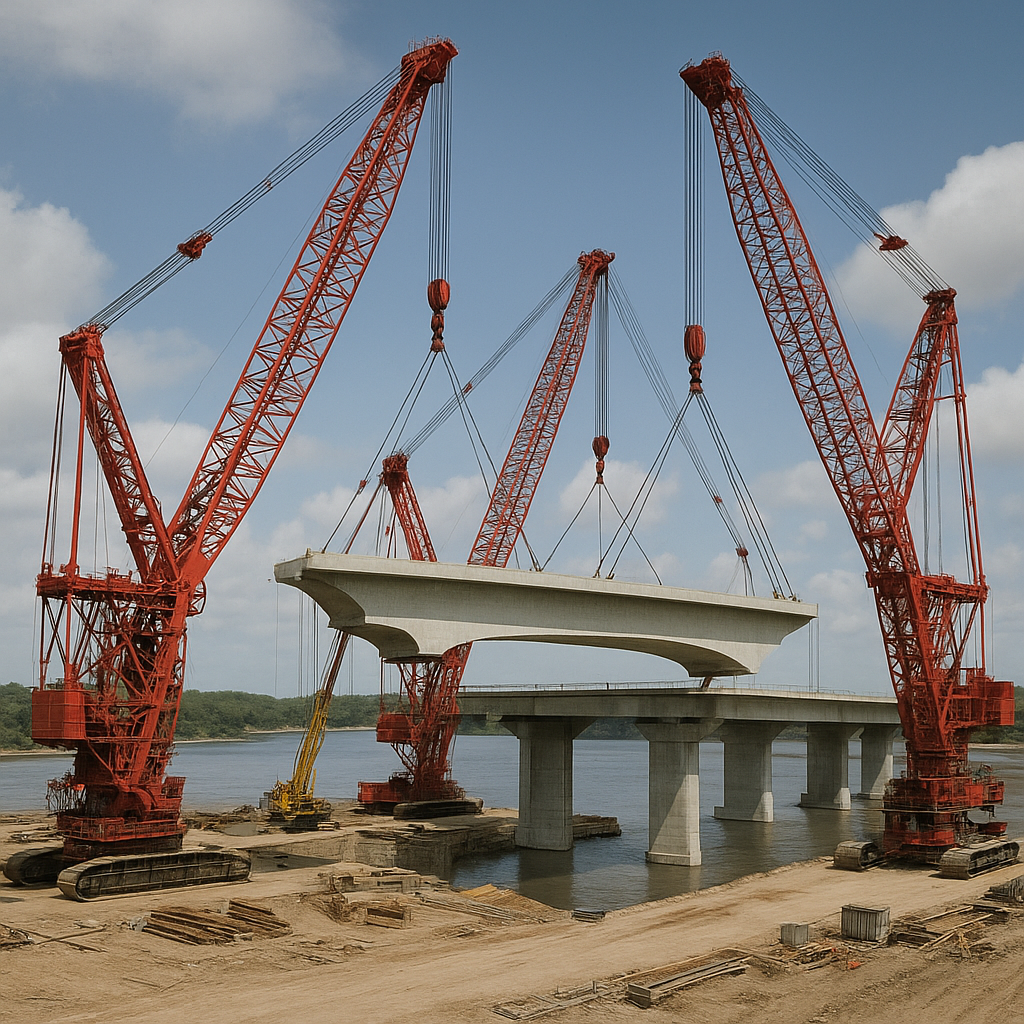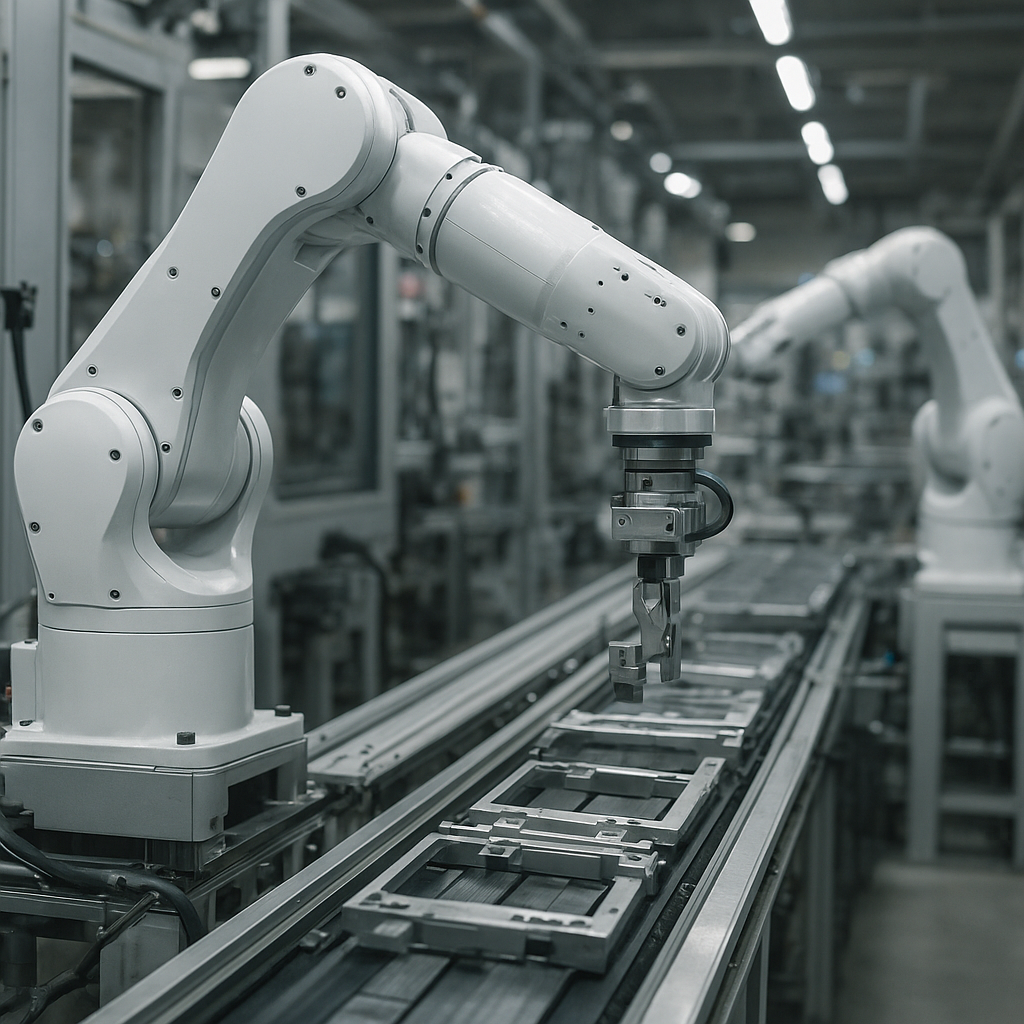
Industrial automation has become a cornerstone of modern manufacturing, driving efficiency, precision, and innovation across various sectors. As technology continues to evolve, the landscape of industrial automation is rapidly changing, offering new opportunities and challenges. This article delves into the current trends shaping industrial automation and explores the future prospects that lie ahead.
Current Trends in Industrial Automation
The field of industrial automation is witnessing a plethora of advancements, each contributing to the transformation of manufacturing processes. One of the most significant trends is the integration of the Internet of Things (IoT) into industrial systems. IoT enables machines and devices to communicate with each other, providing real-time data that can be used to optimize operations, reduce downtime, and enhance productivity. This connectivity allows for more efficient monitoring and control of industrial processes, leading to smarter and more responsive manufacturing environments.
Another trend gaining momentum is the use of artificial intelligence (AI) and machine learning in automation. AI algorithms can analyze vast amounts of data to identify patterns and make predictions, enabling more informed decision-making. In industrial settings, AI can be used for predictive maintenance, quality control, and process optimization, among other applications. Machine learning, a subset of AI, allows systems to learn from data and improve their performance over time, further enhancing the capabilities of automated systems.
Robotics is also playing a crucial role in the evolution of industrial automation. Advanced robots are now capable of performing complex tasks with high precision and speed, often working alongside human operators in collaborative settings. These collaborative robots, or cobots, are designed to be safe and easy to program, making them accessible to a wide range of industries. The use of robotics in automation not only increases efficiency but also improves safety by taking over dangerous or repetitive tasks.
Additionally, the rise of digital twins is revolutionizing the way industries approach automation. A digital twin is a virtual replica of a physical system that can be used to simulate, analyze, and optimize processes. By creating a digital twin of a manufacturing line, for example, companies can test different scenarios and identify potential improvements without disrupting actual operations. This technology is particularly valuable for complex systems where changes can have significant impacts on performance and cost.
Future Prospects of Industrial Automation
Looking ahead, the future of industrial automation promises even more exciting developments. One area with significant potential is the continued advancement of AI and machine learning technologies. As these technologies become more sophisticated, they will enable even greater levels of automation and autonomy in industrial systems. This could lead to the development of fully autonomous factories, where machines are capable of making decisions and optimizing processes without human intervention.
Another promising prospect is the expansion of 5G networks, which will provide the high-speed, low-latency connectivity needed for advanced automation applications. With 5G, industrial systems will be able to communicate more efficiently, enabling real-time data exchange and control. This will facilitate the implementation of more complex and distributed automation systems, further enhancing the capabilities of smart factories.
Moreover, the integration of blockchain technology into industrial automation could offer new opportunities for improving transparency and security. Blockchain can be used to create secure, tamper-proof records of transactions and processes, which is particularly valuable in industries where traceability and compliance are critical. By leveraging blockchain, companies can enhance trust and accountability in their supply chains and operations.
Finally, the growing emphasis on sustainability and environmental responsibility is likely to shape the future of industrial automation. As industries strive to reduce their carbon footprint and minimize waste, automation technologies will play a key role in achieving these goals. From energy-efficient machines to smart resource management systems, automation will be instrumental in creating more sustainable manufacturing practices.
In conclusion, the field of industrial automation is undergoing a period of rapid transformation, driven by technological advancements and changing industry needs. The current trends of IoT integration, AI and machine learning, robotics, and digital twins are setting the stage for a future where automation is more intelligent, efficient, and sustainable. As these technologies continue to evolve, they will unlock new possibilities and reshape the landscape of manufacturing and beyond.

